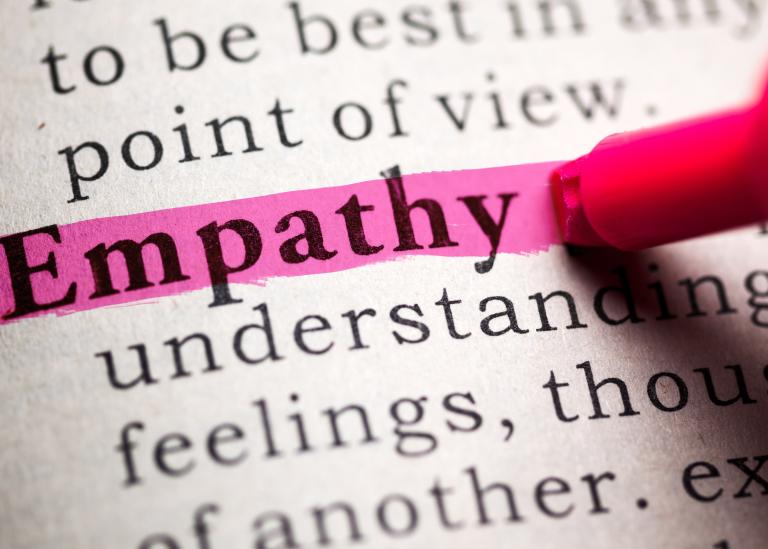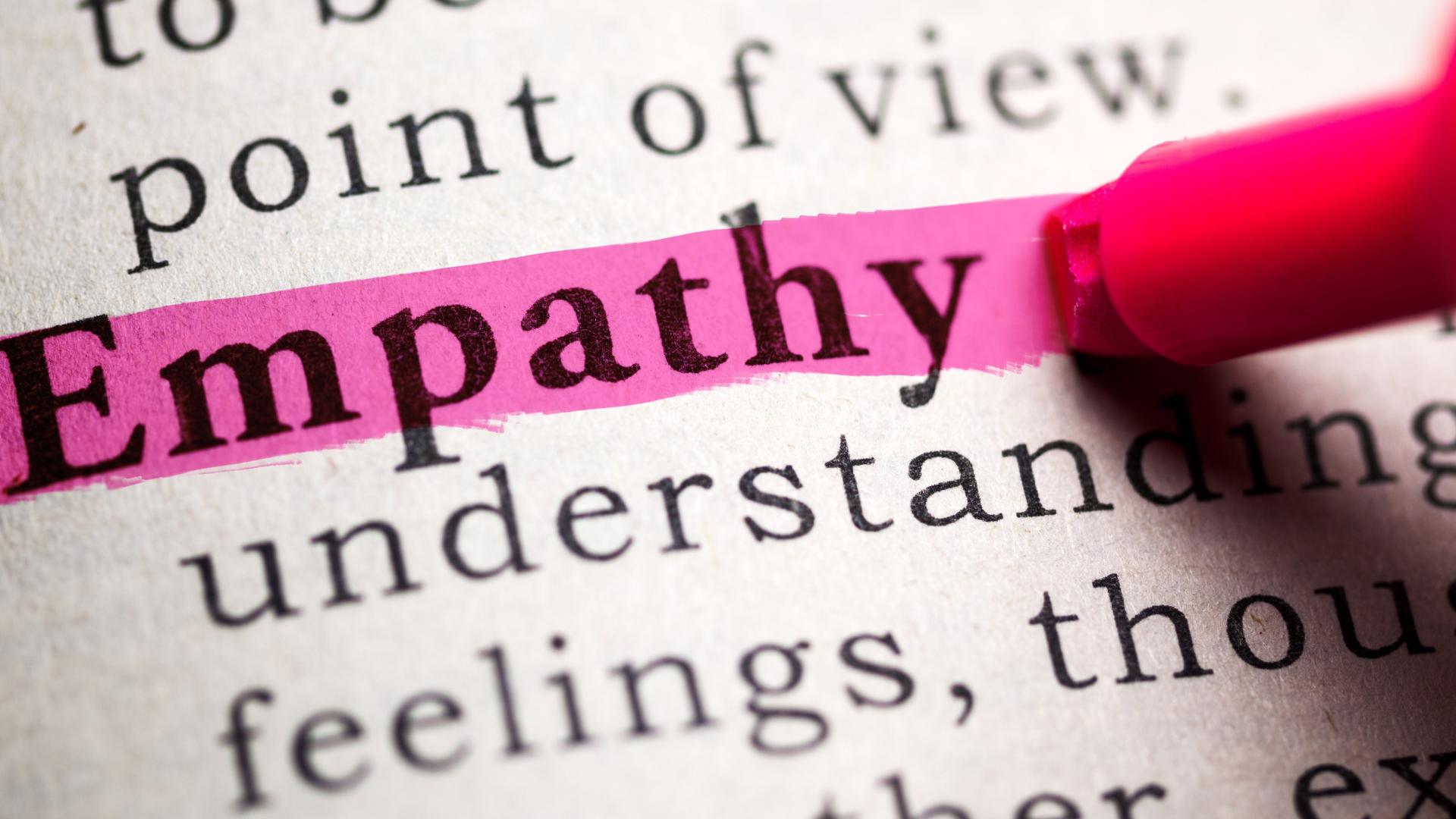By Dr Assel Mussagulova, Dr Colette Einfeld from Sydney University Discipline of Government and International Relations
Jane walks into a government office, needing to submit paperwork. She is greeted warmly by David. David uses his words, voice, demeanour and body language, to show empathy in their interaction. Empathy refers to the ability “to identify and understand other people’s emotions (cognitively) and feel what the other person feels (affectively), knowing that those emotions are distinct from their own” [1]. David’s empathy is instrumental for making Jane feel heard and understood.

In our current research project, however, we are more interested in Kate who designed the policy requiring Jane to submit paperwork. Kate works at a desk in an office located in another city, has never met David and will never interact with Jane. Does Kate practice empathy in her work similar to David?
A 2024 overview of the existing scholarship on empathy in public service demonstrated that it plays an important role in interpersonal communication and can help bridge the trust gap between the public and government and facilitate better understanding of diverse citizen perspectives by public servants. Most of this research is about Jane and David and their interactions. Much less is known about Kate and her colleagues who design policies, provide policy advice and manage public programs. How do they use empathy in their work?
Our article for The Mandarin on the importance of empathy for the future of public service encouraged public servants from state and federal governments who do not routinely interact with the public to offer us their perspectives on the practice of empathy in government. The enthusiastic response to our call helped us conduct interviews with public servants coming from the diverse sectors of immigration, tax, data, business, and social services. We were particularly interested in how public servants empathised with the public, even when they did not interact with them.
Some preliminary findings, that we presented at the International Conference on Public Policy, demonstrate that public servants use empathy creatively and consider it a positive resource in their work. In developing a policy, they might reflect for example, how a policy would impact a community based on their own experiences or from previous work. This may take the form of putting themselves in the shoes of the individuals affected by a policy and asking whether the requirements or milestones made sense for those individuals based on their life circumstances. Is this deadline too tight, is this paperwork too complicated, do these steps in the process align well? Thus, an empathetic approach to policy design is driven not just by policy settings, but by an understanding of people's lived realities.
Other public servants practiced empathy in more systematic ways, introducing empathy into their work through co-design or consultations. We heard of public servants showing empathy in communication to the public, and in their gathering or analysis of evidence.
Public servants also noted the challenges of being empathetic, especially when thinking about the risks of introducing bias against some groups. They also acknowledged the emotional labour associated with being constantly emotionally attuned to the needs and difficult circumstances of others.
A powerful finding from our research is that empathising with people’s circumstances helps public servants become aware of the systemic nature of inequality and understand that personal responsibility for hardship can be misplaced. This affords public servants a better understanding of how to solve complex societal problems in a sustainable way without resorting to quick fixes or punitive policies.
Our research and analysis are ongoing. We will be sharing our findings with the academic and public service communities over the next few months. The next steps will involve developing a training program for public servants on embedding empathetic practices, and partnering with agencies for an ‘empathy audit’ to understand how empathy is practiced meaningfully and productively. If you are interested in our research please get in touch with Assel or Colette.
MasterCraft Series event
To hear more about this topic, register and come along to a MasterCraft Series event – Empathy in the Public Service– being held on Thursday 28 August 1-2pm.




